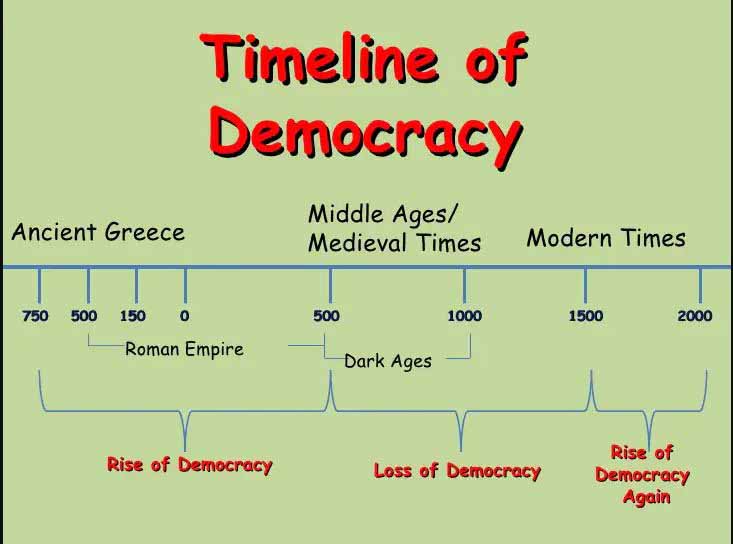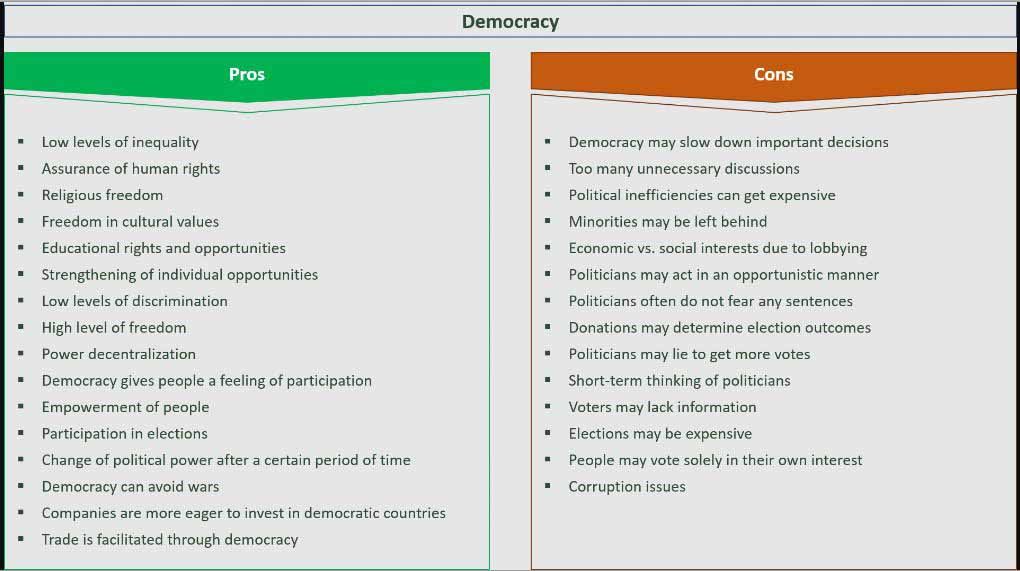September 15 is International Democracy Day that gives us the chance to celebrate and raise our democratic society. It is very easy for those who live in a free society to be granted their freedom. Yet, while freedom is lacking, existence involves impossible demanding situations which can be frequently now no longer comprehensible. Today, let us reflect on the records of democracy across the world, thank people who encouraged the improvement of our government, and search for possibilities to promote and defend our own nation’s democracy.
International Democracy Day 2026 Theme
The theme of International Democracy Day 2026 is ” Democracy under Strain: Solutions for a Changing World”. Depending on the facts of this year, we urge the government to ensure inclusiveness and transparency in the policies and programs it adopts to address the negative effects of the epidemic and to meet real needs. The voices of the affected population need to be considered at all stages from design to implementation; After all, the real consciousness of democracy requires that citizens, not political elites, take the driver’s seat in designing solutions to the equivalent world.
History of International Day of Democracy

The United Nations General Assembly approved a resolution written in 2007 that September 15 of each year will be observed as International Democracy Day. Their aim for this day is to stimulate the role of government in preserving open democracy among all member states of the UN Charter and to celebrate the principles that democracy adopts, empowering citizens to make decisions about all aspects of their lives.
In their efforts on behalf of the global democratic community, the UN works for a variety of purposes, including election monitoring, strengthening democratic institutions and accountability, and assisting countries that have survived conflicts to draft their own constitutions.
From the beginning of democracy in ancient Greece it was about thousands of years ago to the present day; the base of a democratic society is the ability of its people to take part in the decision-making process of their nation. This can only happen when everyone is allowed to vote, regardless of race, gender, or other issues, which means that inclusion and equality are also important for the success of a democratic society. In America, we have a representative democracy which means we elect officials to represent our collective voice in voting for decision making.
When you reflect on your own independence and consider the current state of democracy in the country, take a list of the ways in which you participate in our country’s collective decision-making and support the ideals of democracy.
International Day of Democracy Activities
Every year the United Nations officially hosts global events that raise awareness about democracy in action. Encourage young people to take part in the democratic movement, tackling sustainable development and helping civilization in society. Learn more about this year’s themes and events and see what you can do to take part.
Read more: International Democracy Day Quotes

Purposes of International Day of Democracy
It gives power to the people
Democracy is strong because it gives its citizens a voice so that they can change what they think is appropriate. One consequence of this form of government is that democratic changes create space for the emergence of new economic theories, which ultimately lead to a world of innovation and development.
Bring Change
One of the foundations of a democratic society is that they have the power to change if necessary. In principle, if things go well, citizens have the ability to maintain stability. But if things don’t work out, it’s up to the people to throw away the old and bring in the new.
Bring Equality
The established document of democratic government places much emphasis on equality – one person, one vote – no matter who you are and your position in life. Although this idea has not always been constant or popular for centuries, equal rights under the law are central to democratic governments.
Learn about political candidates
Our responsibility as citizens as voters is important but we should not go to informed polls. Today, take some time about the candidates in the upcoming local, state, and federal elections. Make sure the candidates you voted for actually live up to your ideals, serve their electorate, and make decisions for the betterment of the community.
Exercise your rights
As a member of a democratic government, you have great power. Democracy is a goal and a process that depends on your involvement. Thanks to digital advances, it is now easier than ever to communicate with delegates, support causes, vote, and differentiate between our unique system of government.
10 facts about Democracy
1. Most countries today are formal democracies
2. One out of every three people lives in a dictatorial system
3. Elections have become almost universal
4. Most of Africa’s leaders are replaced by ballots, not shots
5. But elections are not always peaceful
6. The values of many of these democracies are deeply flawed
7. Power options in sub-Saharan Africa are significantly limited
8. Rich countries tend to be democracies
10. Expensive choices are not necessarily good




